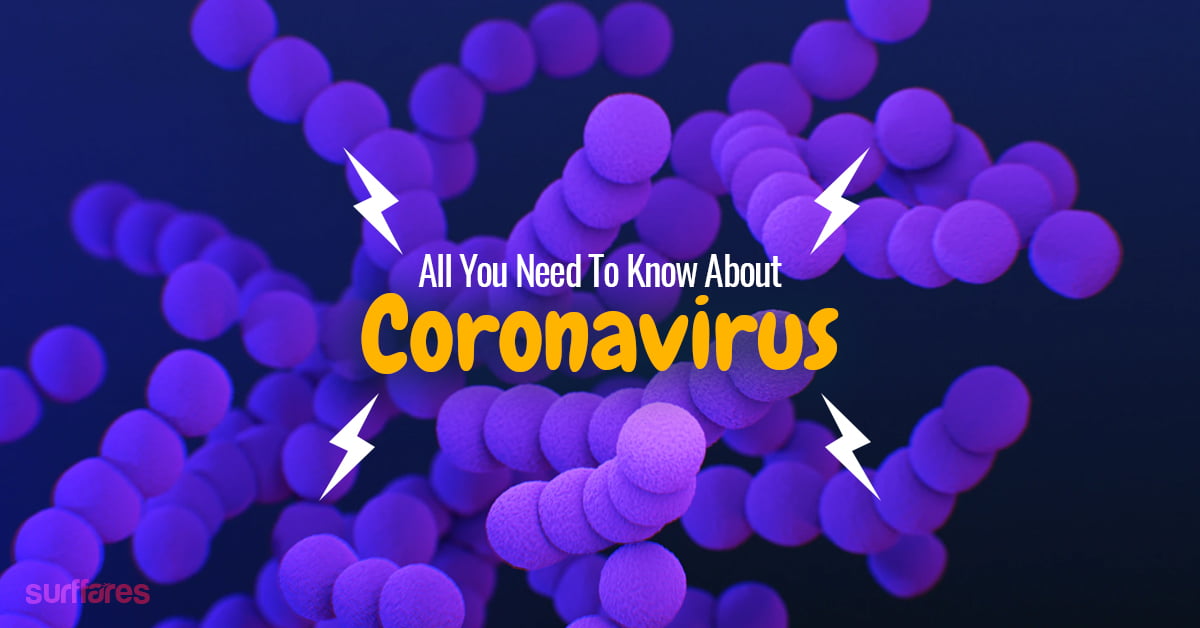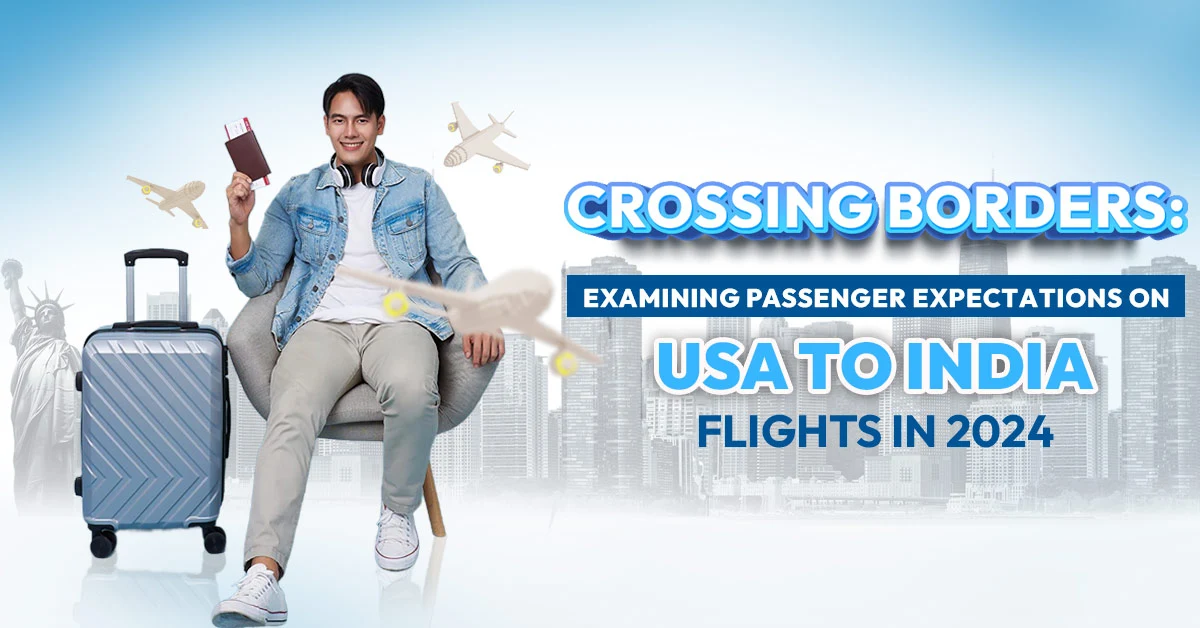
Ever since the outbreak of Wuhan, China in December 2019, Coronavirus or COVID-19 has taken the world by a storm. It is a respiratory illness that is zoonotic in nature, meaning it can spread from person to person and person to animal.
The most common symptoms are fatigue, fever, and dry cough. However, there are other symptoms such as nasal congestion, body aches, and pain, sore throat, and diarrhea.
While there are some cases where people become infected but show no symptoms at all. This illness shows different signs on people with different immune strength and system.
Let us first understand how COVID-19 spreads:
- People can catch COVID-19 from other people who are infected by the virus. It commonly spreads through small droplets from the nose or mouth while coughing or exhaling. These droplets can land on the surface of any object around the person. Other people then catch COVID-19 by coming in contact with these contaminated surfaces, then touching their eyes, nose or mouth.
- People can also catch COVID-19 if they breathe in droplets from a person who has COVID-19 and is coughing or exhaling. That is why it is important to stay more than 1 meter (3 feet) away from a person who is sick.
(Sic, World Health Organization)
What are the most basic precautions one can take to stay safe?
- For starters, being well informed on the latest developments about Coronavirus will lead to a conscious and better informed community. Staying aware is certainly well begun.
- Wash your hands as frequently as possible. Use an alcohol rub or good soap and water and scrub like the doctors do, 20 second rule, between the fingers and under the nails.
- In addition to point 2, ensure you DO NOT touch your eyes, nose or mouth. Hands can transfer the virus to other parts of the body, hence it is not only advised to keep your hand cleans, but to also not touch your face and hair.
- Maintain a good 2-3 foot distance between you and anyone you find coughing or sneezing. Just being around the patient with common flu will not put you at the risk of COVID-19, remember the droplets we spoke about? If you are too close the chances of you breathing in the droplets are higher.
- The most debatable precaution in this list is the mask. These need to be worn in case taking care of someone who is suspected to have coronavirus or wear a mask in case you are coughing or sneezing. In case you are traveling, it is advisable to wear a mask when at the airport or inside the flight with limited air circulation.
- In case you get under the weather, follow respiratory hygiene by covering your nose and mouth with a tissue or your bent elbow whenever you cough or sneeze.
Is Traveling safe with COVID-19 in tow?
- The centre for disease control recommends that all nonessential travel be avoided especially to Countries like China (exclude Hong Kong and Macau), Iran, South Korea, and Italy under Level 3 Travel Health Notice.
- In case you are an older adult, or someone with a chronic medical condition it is considered best if you postpone your travel plans for now and keep an eye out on the advisories.
- If it is absolutely important that you travel right now (for business or urgent commitments), you must maintain all precautionary hygiene measures, get a doctor’s clearance and undergo screening at both, the port of entry and exit in the countries you choose to travel.
- And we cannot stress this enough, but buy a Travel Insurance for your upcoming travels. While most airlines and hotels have changed to flexible amendment policies, for those under non-refundable clauses, your Travel Insurance might come to your rescue. It also allows you better medical care in a foreign country should you fall sick due to unforeseen circumstances.
What measures are airlines around the world taking to ensure our safety?
- Major airlines globally have canceled flights and suspended operations to China until further notice.
- United Airlines has announced their new Flexible Booking option to curb traveler uncertainty and ensure that travelers don’t lose a large chunk of their travel spending by waiving change fees off all bookings both domestic and international made from 3 March 2020 until 31 March 2020. Read the complete travel advisory here https://www.united.com/ual/en/us/fly/travel/notices.html
- Delta Airlines has suspended all flights between the United States of America and China till end of April 2020 in addition to a severe decline in services to Milan, Italy, and Seoul, South Korea and waivers have also been implemented. You could read more here https://www.delta.com/us/en/advisories/other-alerts/coronavirus-travel-updates
- American Airlines has also suspended operations to China and Milan amid the outbreak and will waive change fees up to 14 days prior to travel for customers who purchase travel between 1 March 2020 and 16 March 2020. Check https://www.aa.com/i18n/travel-info/travel-alerts.jsp for more updates.
- Other leading airlines like Emirates, British Airways, Cathay Pacific, Lufthansa, etc., have also similarly suspended operations and amended their change policy.
The latest screening procedures were rolled out on 1 March 2020 and the travel advisory has emphasized on the fact that most healthy people who contract the illness will recover and that the risk to the average American remains low.
What does the United States Traveler screening procedure involve?
- Travel ban on Iran is being expanded given the high number of active cases in Iran.
- Travel advisory for South Korea and Italy has been increased to Level 4, the highest so far advising American’s to not travel to specific regions of those countries.
- Exit screening will be in place for those departing from South Korea, Italy and other European Nations as needed will be in place.
- Screening is already in place for those traveling from China.
Anyone who has been in China within the last 14 days requires screening. - Those returning to the United States have traveled to Iran within the previous 14 days must enter through an approved airport.
What should you do in case you have recently travelled from an area with an ongoing spread of COVID-19?
- A restriction of your movements or being home bound for two weeks is essential.
- Should you develop symptoms during that period seek immediate medical attention.
- Call your health care provider before you go to the hospital and share your travel history to receive information of how to receive medical advice without exposing other people to your illness.
- In case you are sick, avoid going out in public and recuperate at home or at a hospital.
- Proper all hygiene guidelines to the T and stay well hydrated.
- Wear a mask when in contact with other people to avoid spreading the illness.
What are the possible vaccinations and treatments against COVID-19?
As of now, there are no vaccines to protect against COVID-19. Additionally, there are no exclusive treatments to get COVID-19 under control. Everyday preventative measures are advisable regardless of which country you reside in. Washing your hands often and avoiding close contact with people who are sick is the best way to keep the virus at bay. You can find more about the disease and seek further advice from the World Health Organization over here https://www.who.int/emergencies/diseases/novel-coronavirus-2019/advice-for-public .













